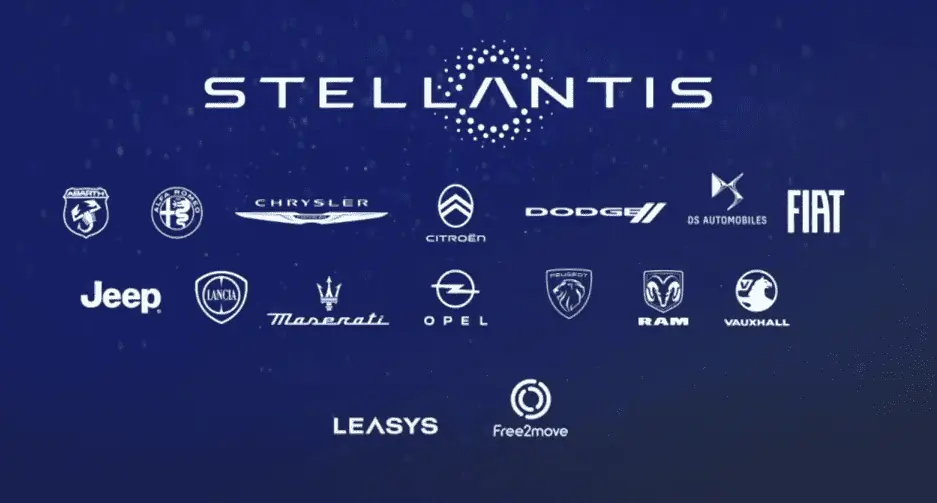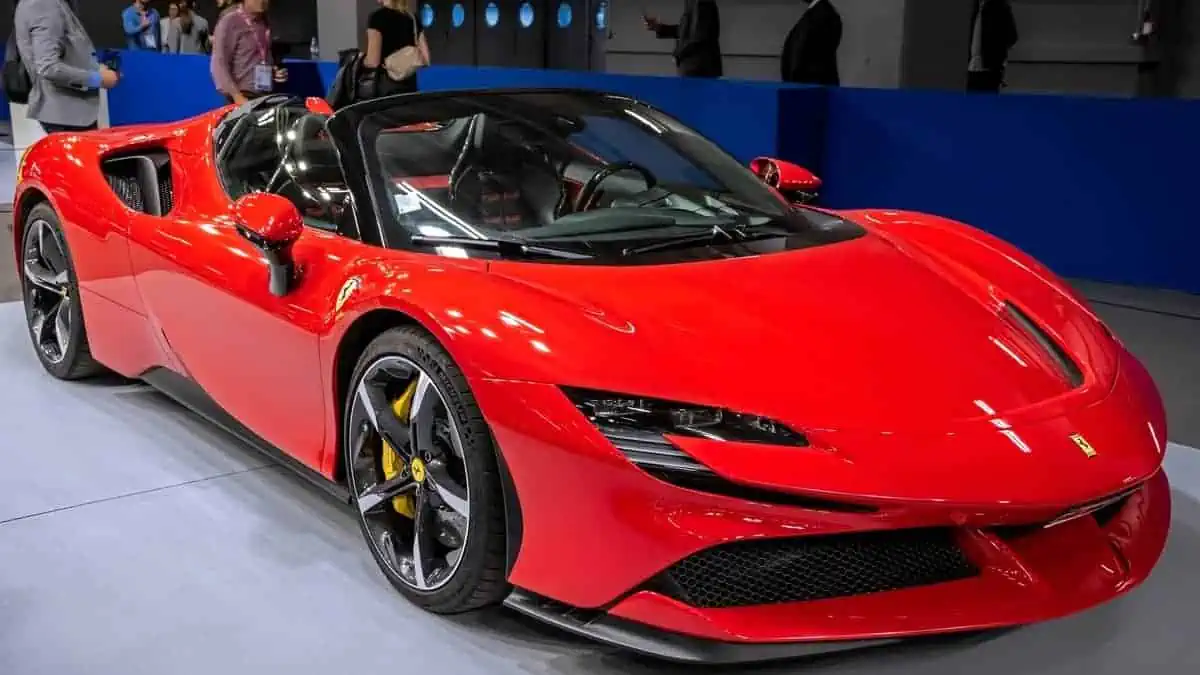Multinational automaker Stellantis is on track to test the first-ever production-line lithium-sulfur (Li-S) batteries from Silicon Valley-based supermaterials trailblazer Lyten.
Lyten lithium-sulfur battery shipments
The press release revealed that Lyten has officially kicked off the shipment of its A sample 6.5 Ah (C/3 discharge rate, 25°C) lithium-sulfur pouch cells to automakers, including other OEMs in the US and the EU, for testing purposes.
“This milestone is the result of years of dedicated work and innovation from the Lyten team, and we are just at the start of further expanding the capabilities of our lithium-sulfur battery cells.”
Lyten CEO and cofounder Dan Cook
Lyten has produced its innovative Li-S batteries using li-ion production equipment and strategies at its automated pilot manufacturing line in San Jose, California, since May 2023.
After shipping the pouch A samples earlier this month, it now aims to start delivering its cylindrical A samples later in 2024. It is now currently developing its first giga-scale factory.
Lithium-sulfur battery disadvantages
Li-S batteries tend to offer shorter life cycles and less stability under real-world driving conditions. However, Lyten claims to have addressed these issues in its own version of lithium-sulfur batteries for electric vehicles.
According to the company, it has installed its proprietary 3D graphene structure within the Li-S battery’s cathode. It apparently improves the overall stability and conductivity of the battery. As a result, it solves common concerns in Li-S batteries, like the polysulfide shuttle effect that causes rapid capacity loss.
Lyten also cut the need for key minerals such as nickel, cobalt, and manganese in the Li-S batteries’ cathode. In that sense, it boasts a 65% reduction in carbon footprint compared to Li-ion batteries.
It paves the way for a strong electric vehicle supply chain that can be sourced at scale in the US or Europe.
Stellantis set to test production of lithium-sulfur battery cells
Stellantis officially announced its partnership with Lyten for the Li-S battery development in May 2023.
In February 2024, Stellantis’ Chrysler announced that its Halcyon concept EV would feature Lyten’s Li-S batteries. The supermaterials trailblazer secured a whopping $4 million financial aid from the US Department of Energy to rev up the battery development. So far, the company has reached over $410 million in equity capital since inception.
Stellantis’ investment in Lyten demonstrates its efforts to diversify and expand its supply networks for EV batteries.
Stellantis and Lyten will work closely together to develop ideal mobility applications for Li-S batteries, which promise lighter and higher energy density than typical Li-ion batteries.
Lyten has yet to commercialize the Li-S batteries, but the partners apparently plan to have them ready for application in a vehicle by the latter part of the decade.






